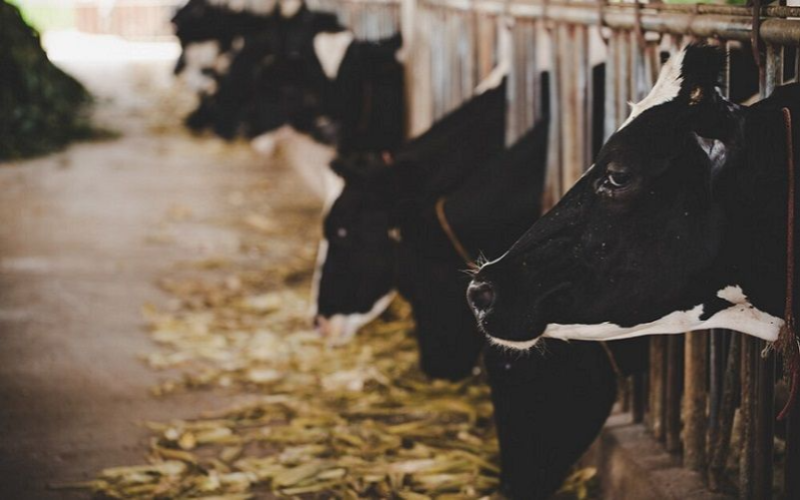Chihuahua Distributes 626 Tons of Feed to Dairy Producers
Sourse: mx.edairynews.com
Chihuahua has delivered 626 tons of concentrated feed with plans for an additional 375 tons in July to ease the cost burden on local dairy farmers.

Chihuahua is taking strategic measures to assist its dairy farmers amid economic and environmental challenges. In June, the state distributed 626 tons of 14% protein concentrated feed to 431 producers in the regions of Rosales, Camargo, and Chihuahua. The initiative, supported by an investment of over 2.7 million pesos, aims to mitigate the rising costs associated with livestock feed due to fluctuating forage prices.
The program, led by Governor Maru Campos, is part of a broader strategy to reinforce the state's dairy supply chain, improving productivity and reducing expenses for farmers. Roberto Valdez López, responsible for dairy development, emphasized the positive impact on farmer expenses and increased productivity. Furthermore, the Secretariat for Rural Development (SDR) is preparing an additional 375 tons to be distributed in July, targeting producers in Cuauhtémoc, Namiquipa, and Riva Palacio.
This ongoing distribution is part of a comprehensive effort to enhance resilience and sustainability within the dairy sector, particularly in the face of climate challenges and associated costs. Additional support measures include the distribution of cooling tanks, training on pest control, and the standardization of milk quality in storage centers.
The program, led by Governor Maru Campos, is part of a broader strategy to reinforce the state's dairy supply chain, improving productivity and reducing expenses for farmers. Roberto Valdez López, responsible for dairy development, emphasized the positive impact on farmer expenses and increased productivity. Furthermore, the Secretariat for Rural Development (SDR) is preparing an additional 375 tons to be distributed in July, targeting producers in Cuauhtémoc, Namiquipa, and Riva Palacio.
This ongoing distribution is part of a comprehensive effort to enhance resilience and sustainability within the dairy sector, particularly in the face of climate challenges and associated costs. Additional support measures include the distribution of cooling tanks, training on pest control, and the standardization of milk quality in storage centers.
Key News of the Week










